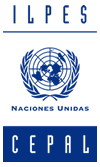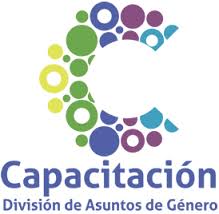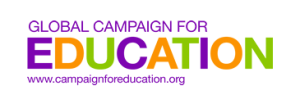
Curso a distancia entre el 18 de abril y el 20 de junio de 2016
POSTULACIONES ABIERTAS
El curso es organizado por la División de Asuntos de Género en colaboración con el Instituto Latinoamericano de Planificación Económica y SocialILPES/CEPAL y cuenta con el apoyo de la Agencia de Cooperación Alemana (GIZ) y la Agencia Española de Cooperación (AECID). Está dirigido a profesionales del sector público, profesionales que trabajan en Mecanismos Nacionales para el Adelanto de la Mujer, Institutos Nacionales de estadística, otros ministerios y organismos públicos centrales, regionales y/o municipales. También a profesionales de organizaciones de la sociedad civil, universidades y personal del sector privado que cumplan funciones relacionadas con la producción y uso de indicadores de género en diversos ámbitos (hogares y familia, educación, trabajo, salud, violencia contra la mujer y participación política).
Objetivos generales: Fortalecer las capacidades de las personas encargadas de la elaboración y utilización de las estadísticas e indicadores, a través de la incorporación del enfoque de la igualdad género; con el objetivo de orientar la producción de estadísticas de género y mejorar su uso en la formulación, seguimiento y evaluación de políticas públicas para la igualdad de género y la autonomía de las mujeres.
Los objetivos específicos que este curso se propone lograr son los siguientes: Comprender la relevancia de las estadísticas de género para la formulación y monitoreo de políticas públicas. Analizar los fundamentos teóricos de producción y uso de las estadísticas e indicadores de género. Conocer el proceso de producción de estadísticas de género y aplicar los principios técnicos para la construcción de indicadores de género. Analizar e interpretar algunos indicadores de género relevantes respecto a la autonomía de las mujeres. Utilizar indicadores de género en la formulación de políticas públicas y el monitoreo de los compromisos internacionales.
Plazo de Postulación y Financiamiento
Los interesados deberán registrarse y postular mediante la web SIGCA antes del 30 de Marzo.
La inscripción de este curso tiene un costo de US$450 (cuatrocientos cincuenta dólares americanos) por participante. Un número limitado de cupos para exención de la matrícula está disponible para los participantes provenientes de Mecanismos para el Adelanto de la Mujer e Institutos Nacionales de Estadística que cuenten con aval institucional. Una comisión se encargará de asignar dichos cupos y de distribuirlos al final del periodo de inscripción.
Para más información ver la ficha del curso










 Users Today : 18
Users Today : 18 Total Users : 35460321
Total Users : 35460321 Views Today : 22
Views Today : 22 Total views : 3419050
Total views : 3419050